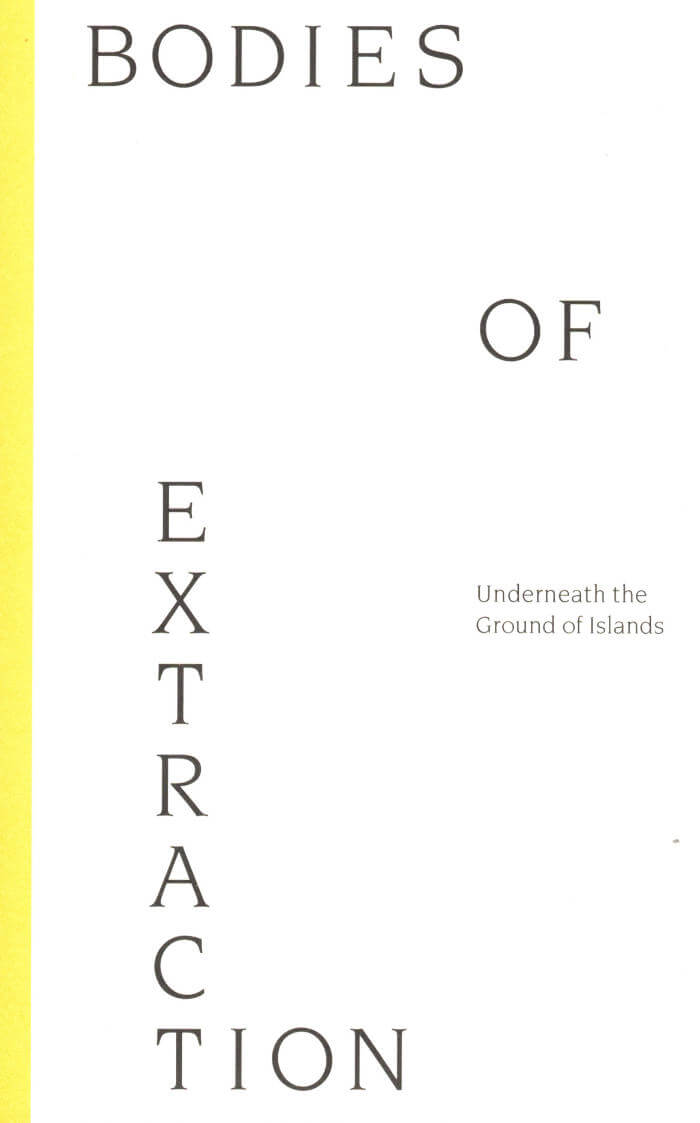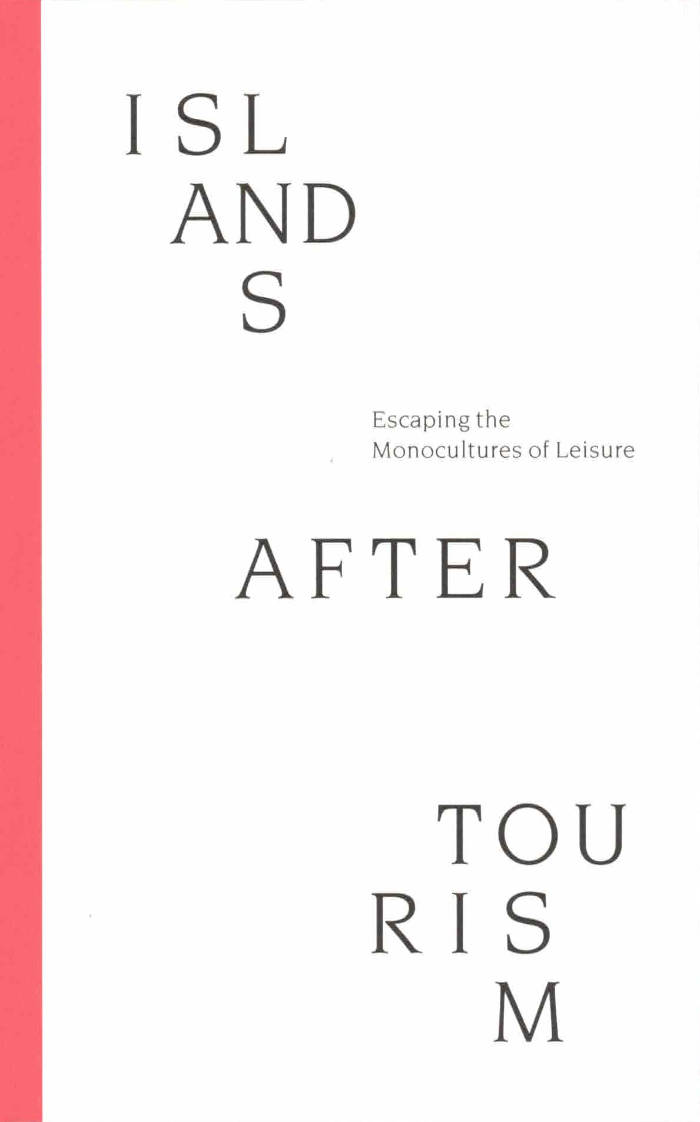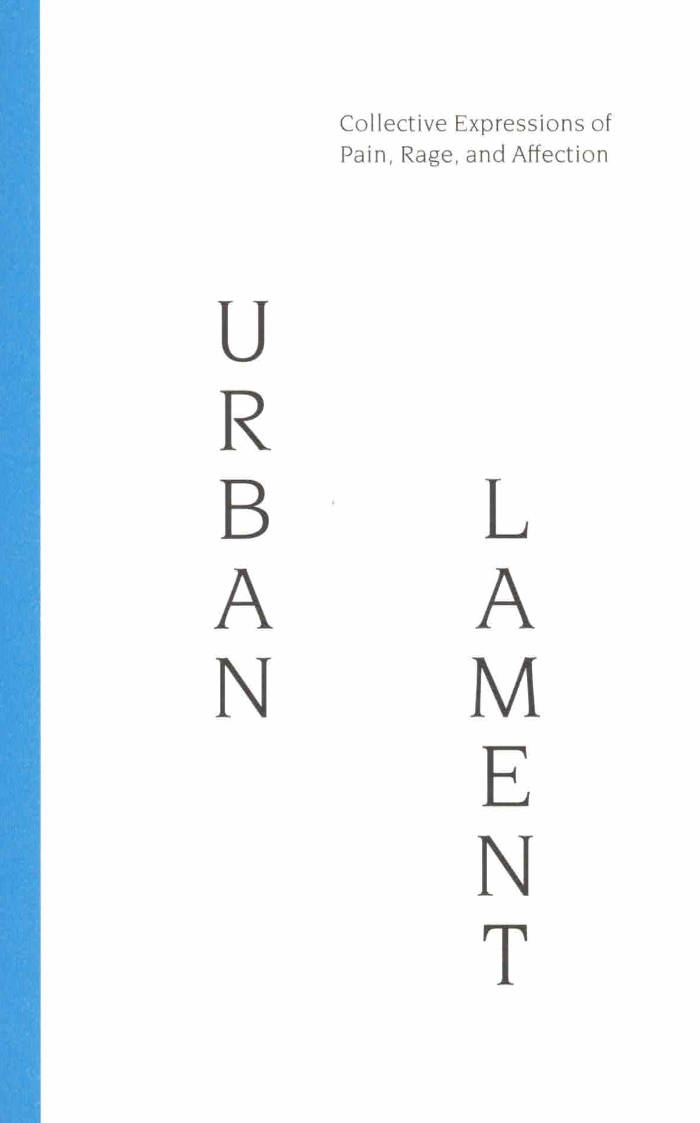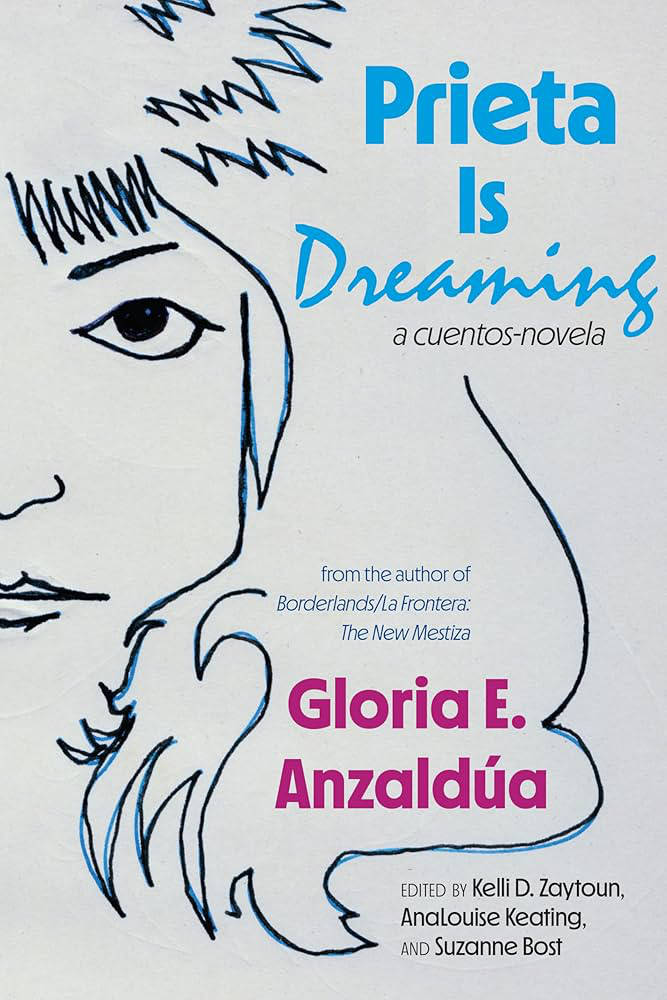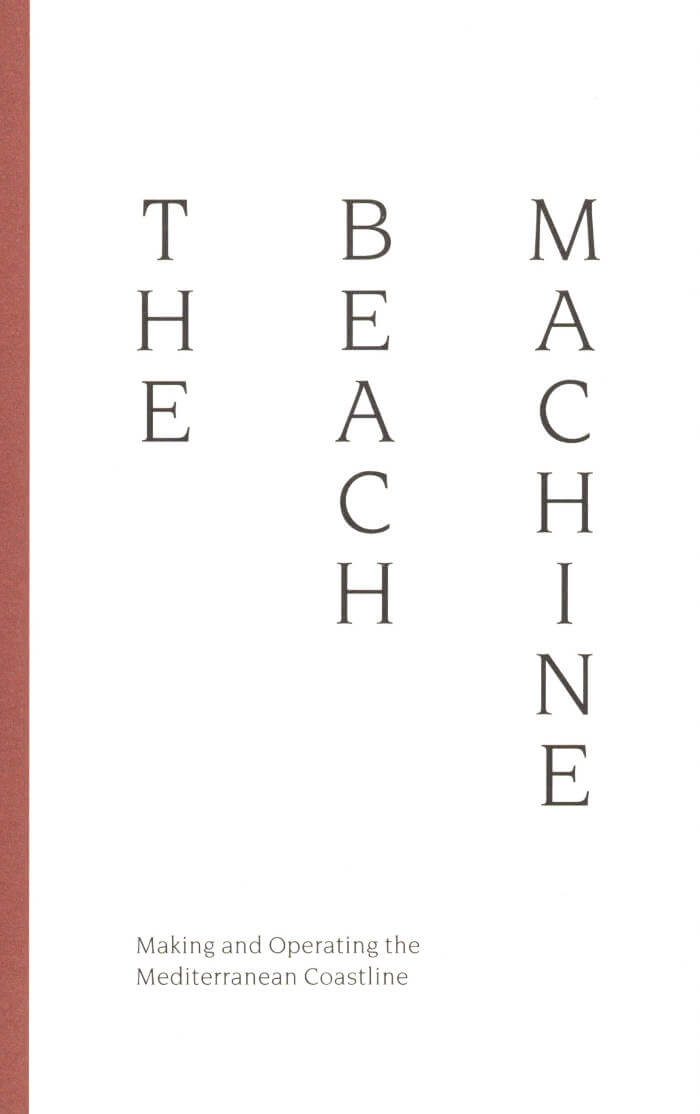
(Forced) Movement
David Bergé ed.
What would be of contemporary culture if we did not recognize the impact of migration in cultural and socio-economic crossings? This book explores human migration in different times, contexts, and geographies surrounding the Aegean Sea. Through an assemblage of voices, lived experiences, historical documents, urban and rural dislocations, this publication examines responses to mobility of the ones on the move, and of the ones living in the destinations the former are heading to. It speaks of the sacrifices one is forced to make en route and at its antipode; the implications of voluntary migration to a place, steered by investment in real estate.
(Forced) Movement
by Antigone Samellas
Amygdalia
by Christina Phoebe
To live in the Borderlands means you
by Gloria Anzaldua
In the Great Mara River
by Liwaa Yazji
Real-Estate Cosmopolitanisms
by George Papam
Uprootings/Xerizomoi
by Nicolas Lakiotakis

